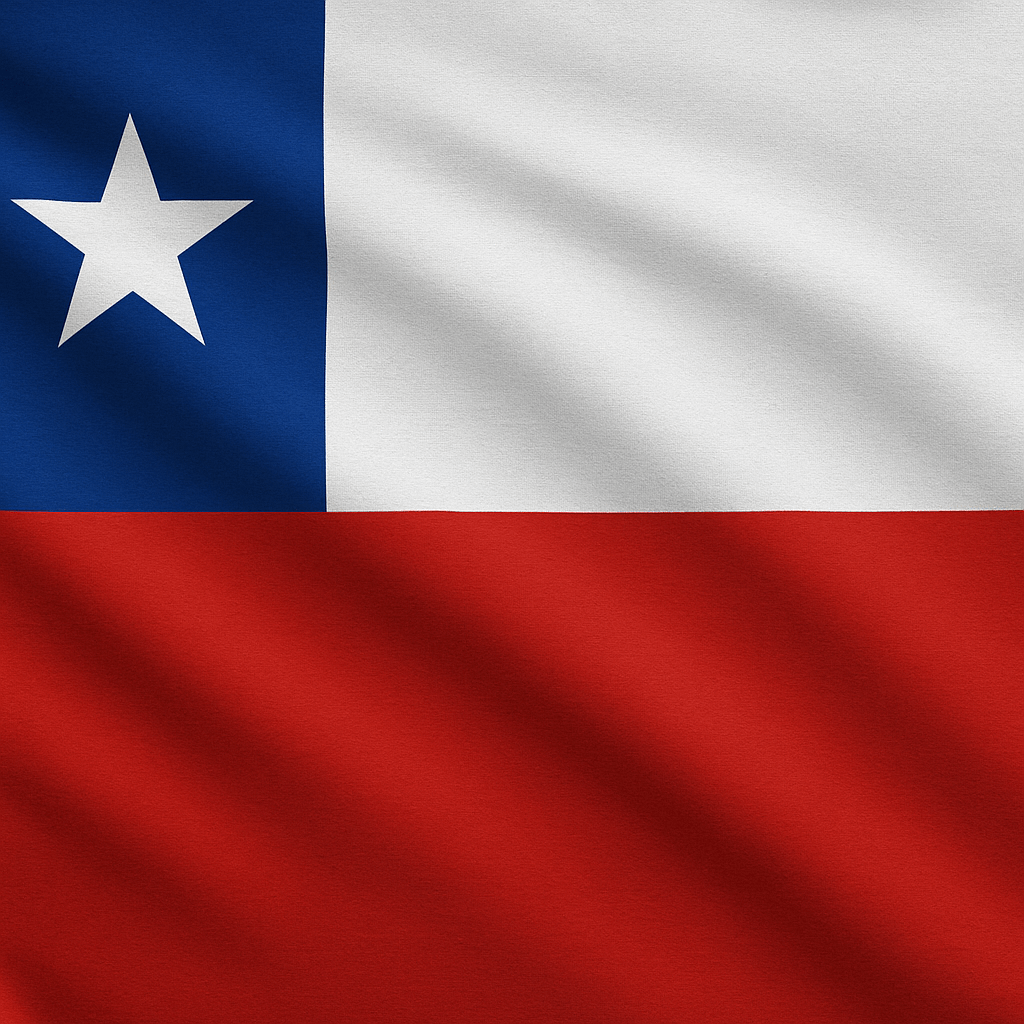Chile, a long, narrow country stretching along the western edge of South America, is one of the most fascinating nations on the continent. With its vast variety of landscapes, rich history, and vibrant culture, Chile is a unique destination for travelers and a significant player in the global economy.
Geography and Climate
Chile’s geography is as varied as it is stunning. From the vast deserts of the north to the lush forests of the south, the country’s terrain provides a perfect backdrop for a diverse range of ecosystems. The Atacama Desert, located in northern Chile, is one of the driest places on Earth, offering surreal landscapes. To the south, Chile is known for its fjords, glaciers, and dense rainforests. The country also has a significant portion of the Andes mountain range running through it, making it a hub for outdoor activities like hiking, skiing, and mountaineering.
Chile’s long coastline along the Pacific Ocean means that it enjoys a wide variety of climatic zones. The central region, home to the capital Santiago, has a Mediterranean climate, perfect for growing wine grapes. Meanwhile, the south experiences a more temperate climate, while the north remains hot and arid, characteristic of its desert region.
History
The history of Chile dates back to ancient times, with the first inhabitants, the indigenous peoples, such as the Mapuche, having lived in the region for thousands of years. The Spanish colonized Chile in the 16th century, and it remained under Spanish rule until it declared independence in 1818 after a long period of struggle.
Chile’s journey to independence was marked by the efforts of leaders like Bernardo O’Higgins and José de San Martín. After gaining independence, Chile faced a series of political and military struggles, but by the late 19th century, it had established itself as a stable republic.
In the 20th century, Chile underwent significant political changes, most notably the rise of socialism under President Salvador Allende, who was overthrown in a military coup led by General Augusto Pinochet in 1973. Pinochet’s regime lasted until 1990 and was marked by human rights abuses. Since then, Chile has transitioned into a stable democracy and is considered one of South America’s most economically developed nations.
Economy
Chile’s economy is one of the most stable in Latin America. It is known for its strong mining sector, especially copper production, in which it is the world’s largest producer. The country also has a thriving agriculture sector, producing wine, fruits, and seafood that are exported around the world. Chile is one of the largest wine producers globally, and its vineyards are an important part of the country’s cultural identity.
In recent decades, Chile has implemented several free-market reforms, leading to rapid economic growth. Its economy is highly dependent on trade, and it has signed numerous free trade agreements, including with the United States, the European Union, and China. Chile is also a member of the Pacific Alliance, a trade bloc that aims to foster economic integration in the Pacific region.
Culture
Chile’s culture is a blend of indigenous traditions and European influence, particularly Spanish. Its music, dance, and art reflect this mix, with traditional folk music such as “Cueca” being widely recognized. The country also has a rich literary tradition, with poets like Pablo Neruda, who won the Nobel Prize in Literature, and Gabriela Mistral, who also won the Nobel Prize, playing an essential role in shaping Chilean and Latin American literary culture.
The country celebrates several national holidays, the most significant being “Fiestas Patrias” in September, which marks Chile’s independence. Chileans take part in parades, traditional dances, and enjoy local foods like empanadas, barbecue, and wine during this time.
Tourism
Chile has become an increasingly popular tourist destination, with travelers flocking to experience its diverse landscapes and adventure activities. From exploring the historic city of Valparaiso, a UNESCO World Heritage Site, to hiking in Torres del Paine National Park, there is something for everyone in Chile.
For nature lovers, the southern region of Chile offers one of the most pristine environments on Earth. The Aysén and Magallanes regions are home to stunning glaciers, lakes, and mountains, offering unparalleled opportunities for eco-tourism.
Modern Developments
In recent years, Chile has emerged as a leader in technological innovation and sustainability. The country is investing heavily in renewable energy, with a focus on solar and wind power. Chile’s commitment to environmental sustainability has made it an important player in the global effort to combat climate change.
Chile also continues to make strides in social development. In recent years, there have been significant reforms in education and health care, aimed at reducing inequality and improving access to essential services for all citizens.
Chile is a country of striking contrasts, with a rich history, vibrant culture, and a diverse landscape that makes it a must-visit destination in South America. With its growing economy and forward-thinking policies, Chile continues to shape its future as one of the most dynamic countries in the region.

